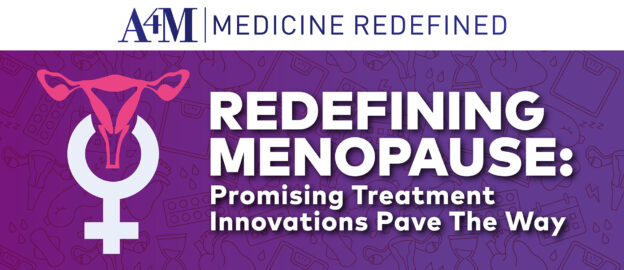Medicine stopped asking “what if” and started delivering “what’s next” in 2024.
Familiar drugs revealed new powers – GLP-1s protected brain tissue while reshaping metabolic health. Psychedelic therapy protocols moved from promising data to proven results. Anti-aging treatments once reserved for elite clinics found their way to neighborhood practices. Meanwhile, in pop-up enclaves across the globe, independent communities merged Web3 tools with longevity research, questioning every assumption about how science advances.
Yet, as medical possibilities soared to new heights, U.S. life expectancy data laid bare the chasm between medical capability and public health reality. This stark contrast forced hard questions about implementation – not just of new treatments, but of medical education itself.
Real-time analysis from the A4M Blog translated emerging science into practical guidance. From hormone optimization advances in menopause care to supplement safety investigations that exposed dangerous oversight gaps, each new revelation spurred meaningful progress in modern healthcare.



